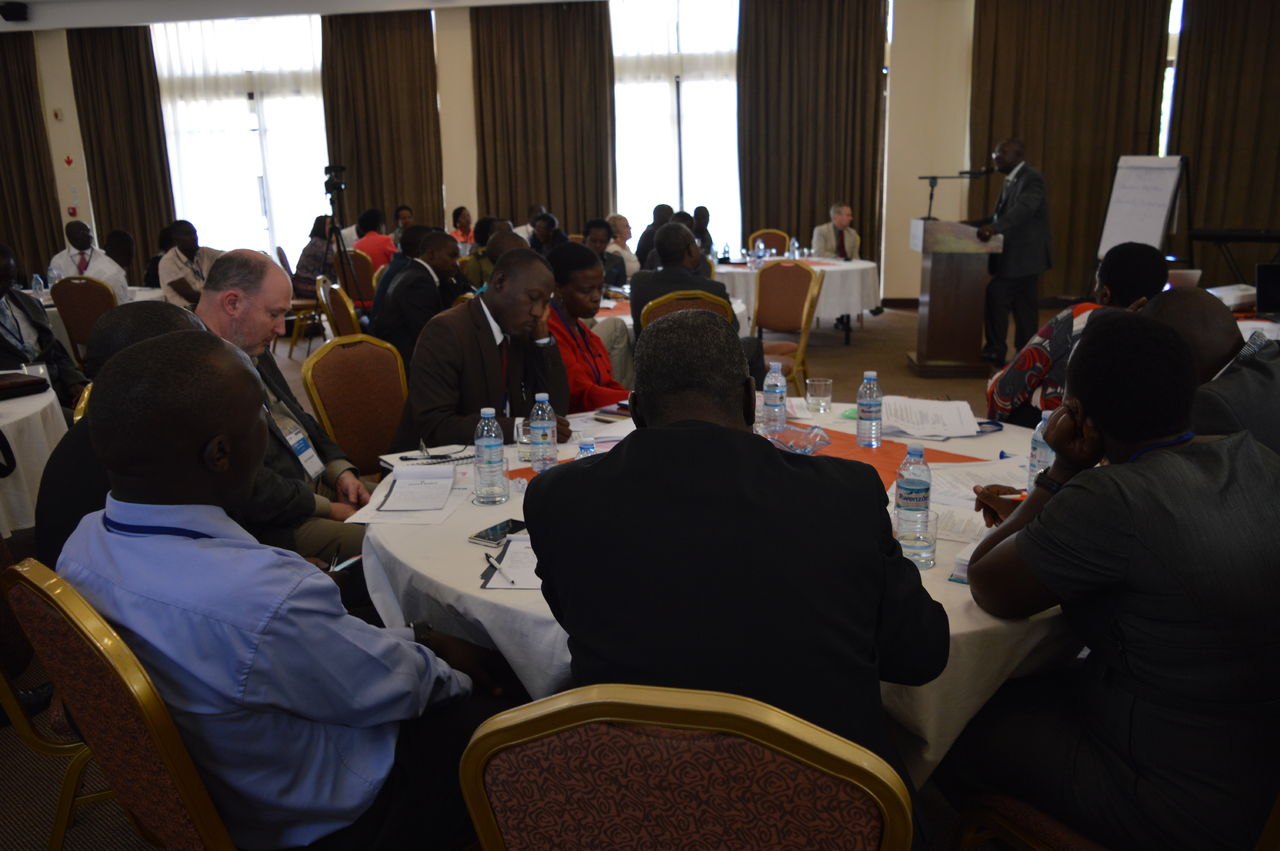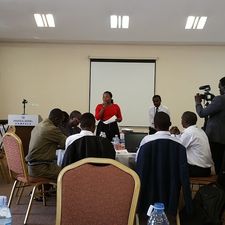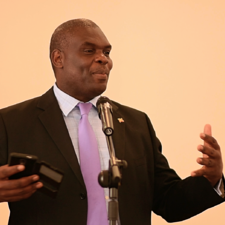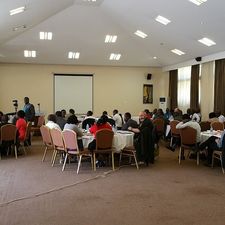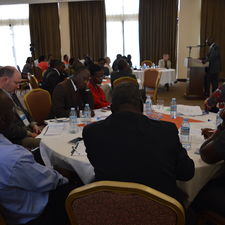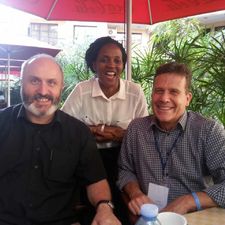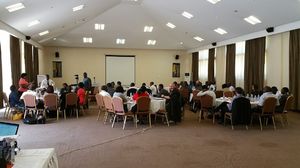
On the 21st of March, 44 guests joined Viva in partnership with CRANE at a Roundtable discussion to engage around how Christians in government and civil society could more effectively work together to ensure that children are raised in safe families.
Like any other capital city, Kampala faces complex issues in how to keep children safe. The 1980’s AIDS orphan crisis saw an influx of well-meaning foreign investment that put thousands of children into orphanages rather than helping the communities to rebuild, as they had done in the past. The word ‘orphan’ does not exist in the vernacular Ugandan languages, because every community ensured that if there was a death of a parent, children would be absorbed into the extended family or the community before sunset. However, there are now an estimated 50,000 children in Children’s Homes, and 80% of these have living relatives. There are less than 30 government approved Children’s Homes in Uganda, with hundreds more running under the radar of the government. In 2016, the Government ratified the new Children Act, which requires that all children without parental care be placed in families as soon as possible, with institutional care only being used as a last resort and as a short-term measure.
Therefore, an urgent need is before the church in Uganda to respond to the change in the law as well as to apply the Biblical principle that children are raised within families and communities.
With this backdrop in mind, 44 senior leaders responded to the invitation to explore a collaborative effort to impacto children without parental care.
Revd. Stephen Gaukroger started the day by helping people to understand the Biblical foundations of childcare and the consequent need for state and church to work together for the sake of children. The Director of Public Prosecution, Justice Mike Chibita, then described the current challenges faced by the Justice, Law and Order Sector in protecting children. Kyateka Mondo, the Assistant Commissioner for the Ministry of Gender, Labour and Social Development, described current government efforts for children at risk and expressed the government’s desire and need to work with the church to tackle the immense challenges faced to see children in safe families.
"The roundtable had a positive atmosphere, focused discussions, and leaders from NGOs, churches and government represented. The next practical steps in the process will be critical. Further communication with all participants who expressed desire to be a part of the project in Kampala needs to take place in order to see this "Children in Families" initiative succeed and be a blessing for the most vulnerable children. To see the commitment and passion of participants makes me very hopeful." - Lubomir Hlavacka, WWO Global Facilitation Team Strategist
The day’s wide-ranging high-level engagement between government, senior denominational church leaders, CEOs, and state authorities was a first for Uganda, and is essential for setting an agenda for the future. Whilst there is clearly a need for non-Ugandans to continue to support the Ugandan church with their efforts, it is essential that this initiative is Ugandan-led. Furthermore, in order to solve the problem of children without families in the city, partners from across the country agreed to engage as a child has roots which are often far away from the city. The government knows it cannot reach every village, nor can any NGO. Yet the corporate church has the capacity to work together to reach every village to help prevent further family separation and to restore broken families.
We thank you for your ongoing interest in this pilot and welcome comments or thoughts as to how, along with WWO, we might build on this shared learning process.
Brian Wilkinson & Mim Friday 29/3/17
